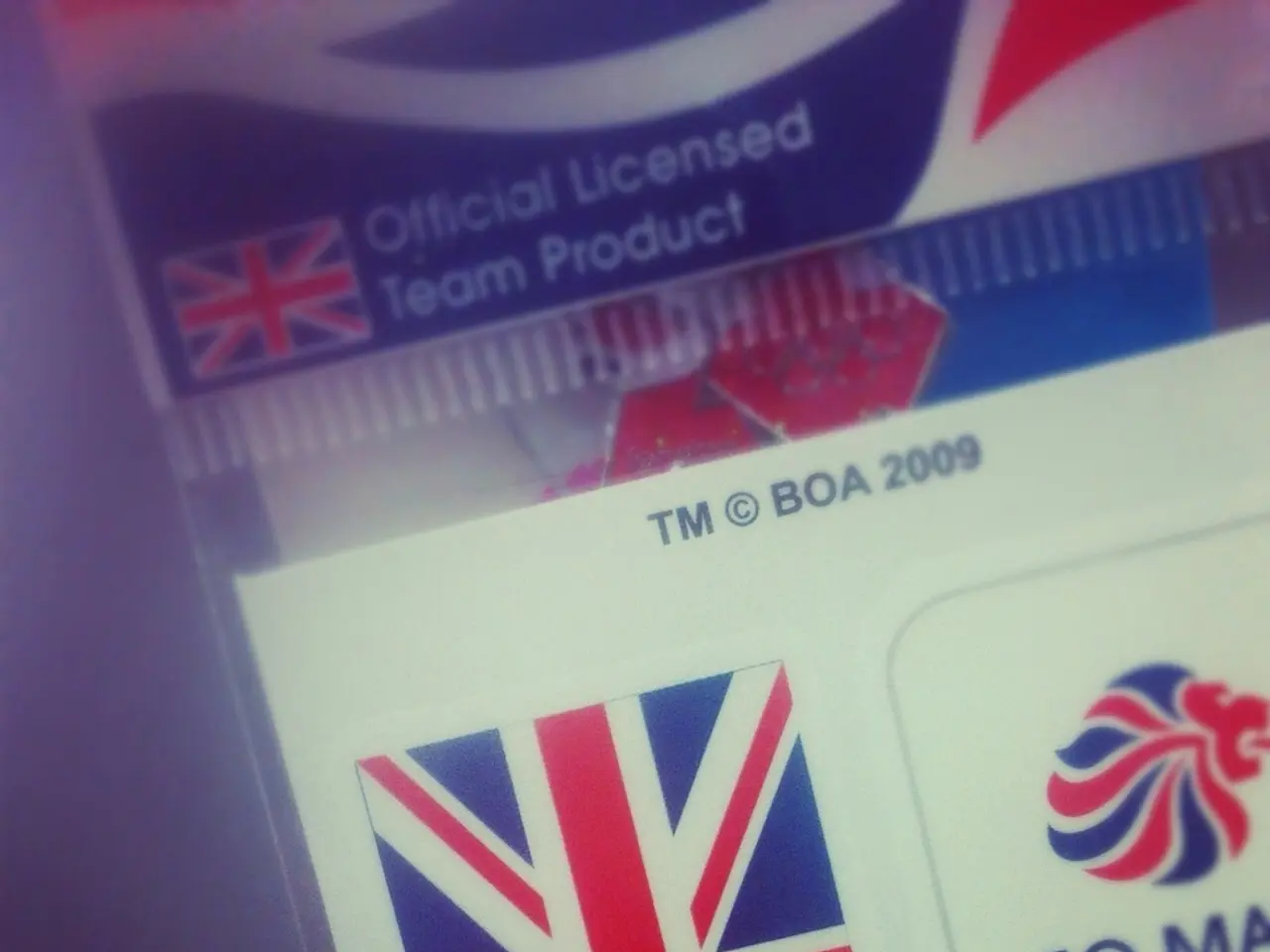Update on Regulatory Landscape for Products in UK, January 2023
The European Union is taking significant steps to enhance product safety and consumer rights, with the introduction of new regulations and a proposed right to repair.
On 6 December 2022, the Product Security and Telecommunications Infrastructure Act 2022 (PSTIA) received Royal Assent, marking a milestone in the EU's digital transformation. The PSTIA introduces regulation-making powers to ensure security requirements for connectable products and modernises telecommunications infrastructure.
One of the key initiatives is the proposed revision of the EU General Product Safety Regulation (GPSR). Effective from December 13, 2024, the GPSR aims to replace the General Product Safety Directive and will have direct applicability in all EU Member States. The key changes include expanded obligations for manufacturers, consumers, online marketplaces, and modernization of the Safety Gate Rapid Alert system.
Manufacturers, importers, and distributors will be responsible for ensuring product safety throughout design, production, and supply chain processes. This includes conducting comprehensive risk assessments and producing technical documentation. Safety must be inherently built into products, with residual risks managed by warnings and instructions. Compliance is no longer solely about meeting existing standards but demonstrating actual safety in use.
Online marketplaces now have explicit regulatory obligations, requiring them to take active roles in preventing unsafe products from being sold digitally. They must provide information to regulators, warn consumers directly on product listings about risks, or remove dangerous product content.
Consumers will benefit from safer products market-wide through consistent enforcement, better labeling, and improved safety incident management. The modernization of the Safety Gate Rapid Alert system seeks to enhance cooperation and information exchange among national authorities and market surveillance bodies in the EU, supporting faster and more effective responses to safety incidents.
Enforcement will be strengthened via border controls and customs reforms focused on non-compliant imports, particularly tackling risks from online platforms and unregulated intermediaries. This is supported by digital tools like the Digital Product Passport to provide reliable product information and assist in market surveillance.
The EU is also revising rules on food contact materials and various other regulations, including the Waste framework Directive, REACH Regulation, RoHS Directive, Toy Safety Directive, Cosmetics Products Regulation, and the Product Liability Directive.
In addition to product safety, the EU is addressing the issue of consumer repair rights. The right to repair proposal for consumers has been delayed and is expected to be published in 2023. The proposal aims to amend the Sale of Goods Directive to ensure that repair, rather than replacement, is the primary remedy available to consumers.
The MHRA, the UK's medicines and healthcare products regulatory agency, is also focusing on the regulation of digital mental health tools. The agency will develop "risk appropriate guidance" for the regulation of these tools, including whether they will be classified as medical devices.
The European Commission has also proposed the Artificial Intelligence Act (AI Act) and a Cyber Resilience Act, aiming to facilitate the development of secure products with digital elements and ensure that products are designed, developed, and produced with an appropriate level of cybersecurity based on the risks presented by that product.
In summary, the EU is strengthening product safety obligations across the entire supply chain, explicitly including online marketplaces, modernizing rapid alert mechanisms, and enhancing enforcement measures to ensure safer products within the EU market. The proposed right to repair and the focus on digital mental health tools further demonstrate the EU's commitment to consumer protection and digital transformation.
Sports enthusiasts should be aware that the weather conditions on 6 December 2022 could impact their weekend games or activities, as this is the date when the Product Security and Telecommunications Infrastructure Act 2022 (PSTIA) received Royal Assent, which introduces new regulations that can affect electronic devices used in sports. Additionally, with the EU's proposed revision of the EU General Product Safety Regulation (GPSR) aiming to ensure safety in all EU Member States from December 13, 2024, sports equipment manufacturers should take note of the expanded obligations and modernized safety measures that will affect the products they sell in the EU market.






